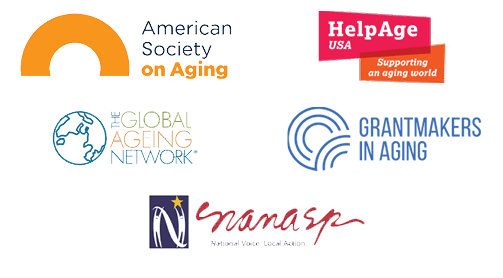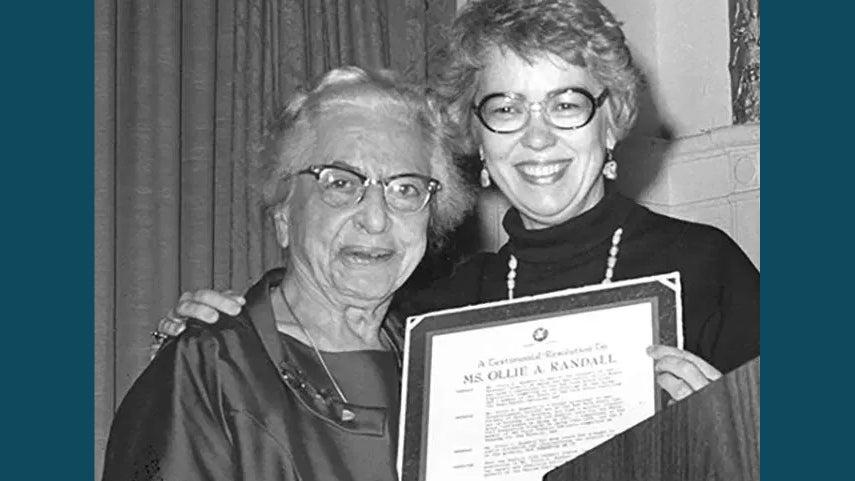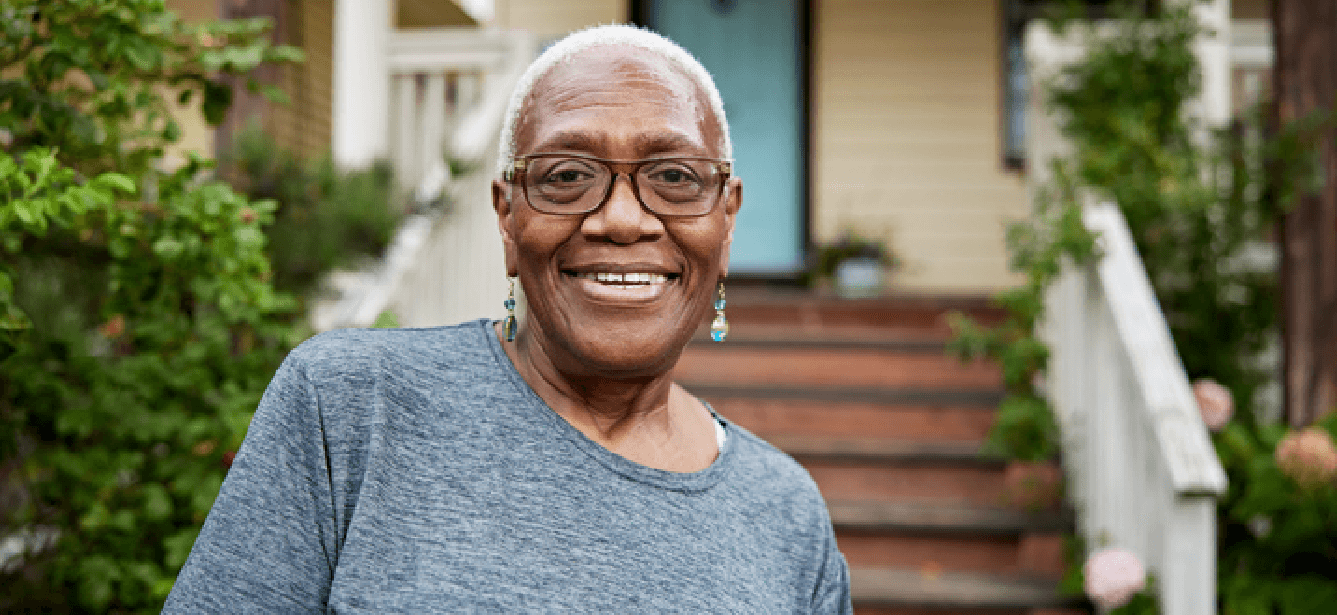
Related Topics
As the Ministerial Conference on Ageing, part of the United Nations Economic Commission for Europe, is meeting this week in Rome, we are renewing our call for the adoption of a U.N. Convention for the Rights of Older Persons. Six leading national organizations on aging jointly signed a letter asking U.S. Ambassador Linda Thomas-Greenfield to take steps for drafting this Convention.
What is the U.N. Convention on the Rights of Older Persons?
The U.N. Convention on the Rights of Older Persons is a legally binding treaty that would promote and protect the human rights of older persons worldwide. Twelve years ago, the U.N. established the Open-Ended Working Group on Ageing (OEWGA) to explore the need for a Convention, but there hasn’t been much momentum since. It’s time to reignite the conversation and set those wheels in motion once again.
Why does NCOA support the U.N. Convention?
An official U.N. Convention on the Rights of Older Persons would codify the rights of older adults, helping to both empower and protect these populations. Ratifying nations (or member states) would be required to adopt laws, policies, and practices to combat ageism and discrimination while promoting equity and autonomy for older adults.

Specifically, a U.N. Convention would:
- Recognize older persons as active rights holders instead of passive recipients of charity. These rights include the right to privacy, the right to work, the right to healthcare, and the right to freedom from abuse and violence.
- Challenge prevailing negative stereotypes and misconceptions about old age and raise public awareness of older persons’ rights.
- Clarify ratifying member states’ responsibilities for older adults and strengthen existing laws with precise language. A U.N. Convention would present a framework for good policy on older adults, establish best practices, and help governments allocate resources.
- Improve accountability and transparency with respect to actions taken to empower and protect older people.
- Create age-neutral societies and environments where older adults can actively contribute and thrive.
A U.N. Convention would not just be words on paper: Those words would gain the force of law.
We can do better to support quality of life for people as they age. But we must do it together. Even if change for the better is slow, it does happen, like it did with the Convention on the Rights of the Child, which increased rates of inoculation and brought better education to millions of children.
Older adults are an increasing share of the world's population. We need to make sure our rights are protected as we all age. We all have an essential role to play, and the time to raise our voices is now.


